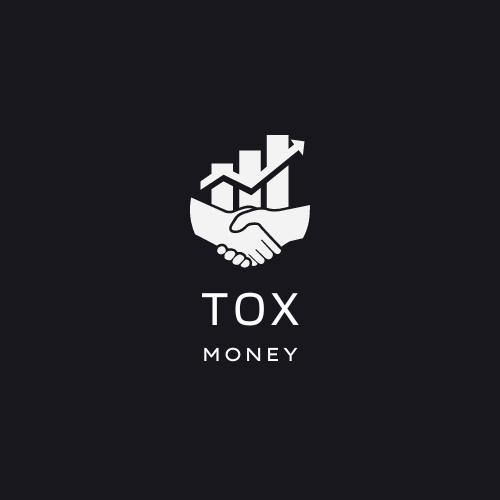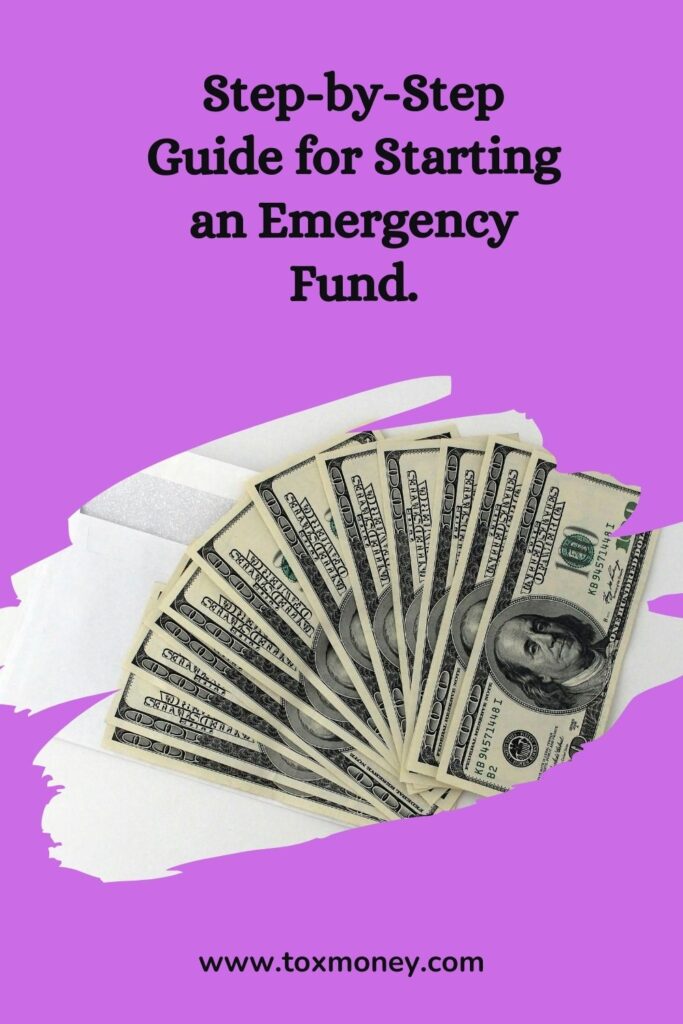Do not have enough money to meet closing costs? Closing fees can sometimes be included in the loan, but you will most likely end up paying more for the loan over time.
In addition to a down payment, taxes, lender fees, and points, closing expenses can add thousands of dollars to the cost of a mortgage loan. If you want to avoid paying these costs upfront, you may be able to roll them into the loan itself.
Some lenders will waive or incorporate closing expenses into the loan; this is known as a no-closing-cost mortgage. However, doing so may boost your APR and overall loan amount, resulting in higher final payments.
What are the closing costs?
Closing expenses are fees that your lender charges in addition to your down payment when you finalize a mortgage transaction. They normally range from 2% to 5% of the home’s buying price. As the buyer, you are normally responsible for all closing fees, however the seller may cover part of them based on your state’s regulations and how you negotiate the contract.
Some government-backed loans handle closing fees differently. FHA loan closing fees, for example, range from 3% to 4% of the purchase price, and HUD may cover many of them, depending on your circumstances. VA loans require the seller to pay real estate commissions, brokerage fees, buyer broker fees, and a termite report, while the buyer pays the VA financing fee and any additional closing expenses.
Common closing charges for a buyer
Your lender will give you a paperwork stating the closing expenses at least three days before the closing date. This list is known as a Closing Disclosure or final loan estimate. Your Closing Disclosure may divide your estimated closing expenses into two categories: loan costs and other relevant closing fees.
Loan costs may include an origination or application charge, underwriting fees, discount points, attorney fees, appraisal fees, title-related costs, and credit report fees. You will most likely have to pay property taxes, homeowners insurance, recording costs, transfer tax, HOA fees, and flood insurance, if necessary.
How to estimate closing costs.
Closing fees vary depending on your lender, loan type and conditions, amount borrowed, down payment, interest rate, location, and homeowners insurance purchased. You may use Credit Karma’s closing expenses calculator to estimate the fees and taxes you’ll have to pay at the closing.
Can you include closing fees in a new mortgage?
Depending on the lender and loan package, you may be able to roll your closing fees into the mortgage. Even if you don’t pay these costs at closing, you’ll wind up paying them — and maybe more — throughout the course of the loan. Typically, lenders compensate for “no closing costs” by adding these fees to the overall loan amount or charging a higher interest rate.
part lenders may give you lender credits to cover part or all of your closing expenses; however, taking these lender credits usually raises your interest rate or loan amount.
Can you include closing fees when refinancing your mortgage?
Some lenders provide no-closing-cost refinancing loans. Lenders frequently offset these expenses, as with no-closing-cost mortgage loans, by rolling them into your loan amount, providing lender credits, or boosting your APR.
Before including your closing costs into a refinancing loan, you should consider how this would effect your debt-to-income ratio, which is your total monthly loans divided by your total monthly income. If your DTI is too high, it might damage the quality of your loan conditions and your prospects of getting a house loan.
Also, consider how factoring closing expenses may effect your loan-to-value ratio, which is the loan sum divided by the appraised worth of your house. In most cases, a cash-out refinancing cannot exceed 80% of your LTV. And if your LTV exceeds a specific threshold, you may be required to pay private mortgage insurance, which raises your monthly mortgage payments.
Is it a smart idea to factor closing fees into your loan?
Rolling your closing expenses into your loan may make sense if you don’t want to pay a large lump sum at closing and can afford a larger monthly mortgage payment. A no-closing-cost refinance may also be an option if you want to take advantage of decreasing interest rates. If interest rates are much lower than the existing terms of your loan, you may be able to save money despite a larger loan amount.
The negative of including closing expenses into your loan is that you may end up paying more over time due to higher interest rates or a greater loan debt. If you have adequate resources and do not intend to sell your house for some time, you may choose to pay closing fees in advance.
Also, if the no-closing-cost loan has a prepayment penalty, your lender will charge you a fee if you refinance or sell your home within the term specified.
Lenders add closing charges in a mortgage.
U.S. Bank
U.S. Bank’s Smart Refinance program allows you to refinance without incurring any upfront closing expenses, origination fees, application processing fees, or prepayment penalties. You also have the opportunity to pay out and extend your loan term to five, ten, fifteen, or twenty years.
CapCenter
CapCenter, a lender and real estate partnership that serves six states in the Southeast and Washington, D.C., waives or pays many customary closing expenses for home buy and refinance loans with fixed or adjustable rates. However, its Zero Closing Cost loans do not include home inspection fees, homeowners insurance premiums, property taxes, or any other applicable taxes or expenses for recording the purchase title.
Nutter
Nutter is licensed in all 50 jurisdictions and provides mortgage refinancing solutions with no upfront closing charges. The lender claims to have closed 100,000 no-closing-cost loans and provides both fixed and adjustable rates.
What happens next?
Though it may be beneficial in certain cases to incorporate closing fees into a loan, it usually results in higher long-term payments. So, before making a choice, you should do the numbers to see how a no-closing-cost loan may effect your short- and long-term financial goals.
Remember, while searching for a loan, you may request that lenders offer you estimates for both a zero-closing-cost loan and a loan with upfront closing fees so you can evaluate your alternatives.



